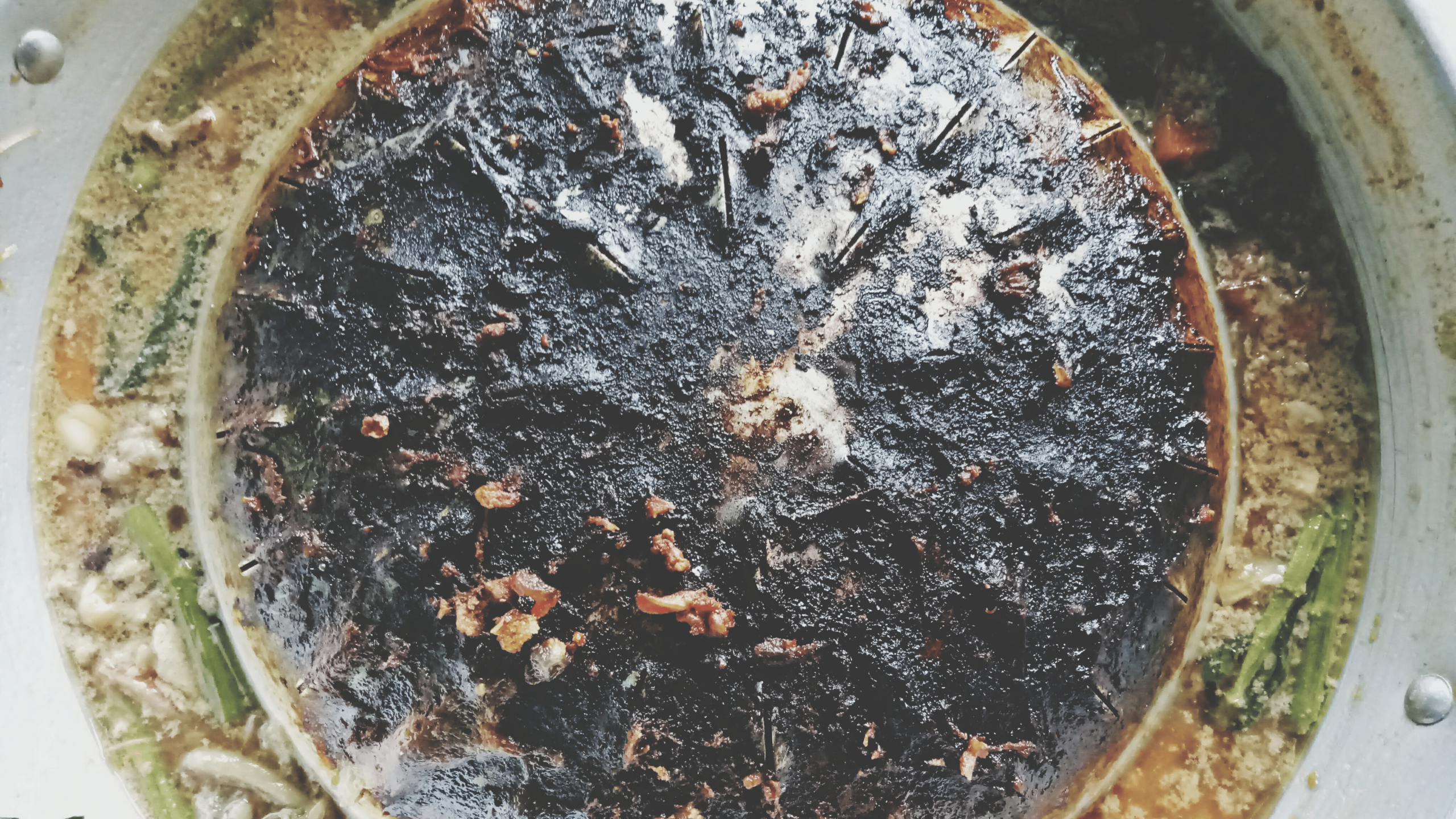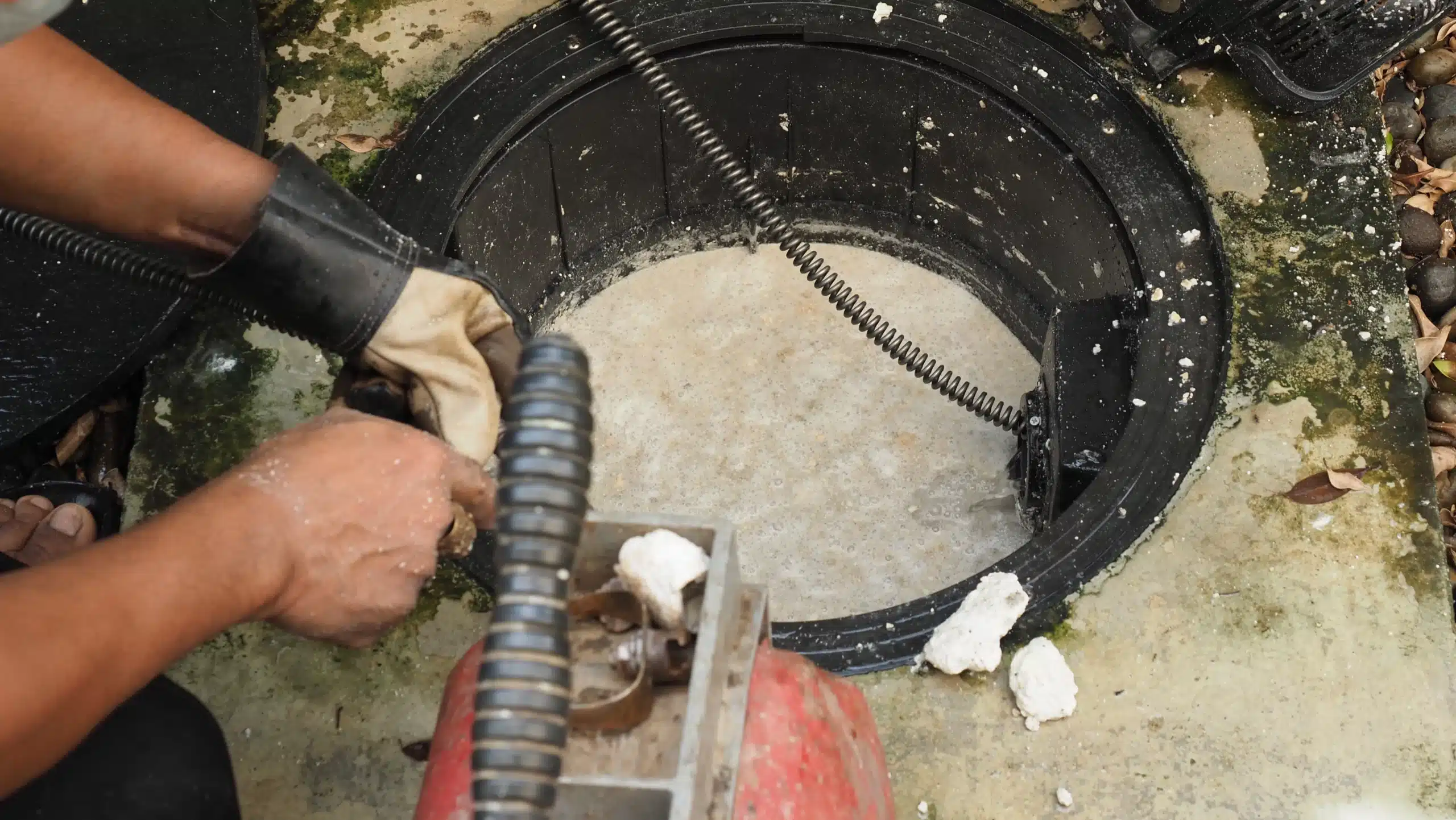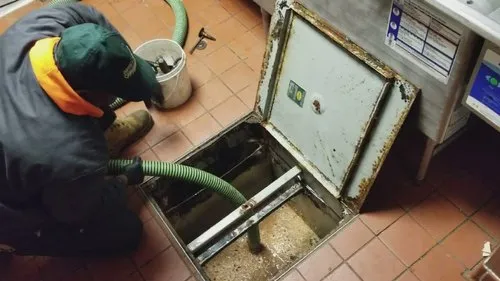To give you a glimpse of the size of the impact that used cooking oil can have on the environment, a busy restaurant in the USA can produce 30 to 35 pounds of used oil, daily! In a year, that’s an average of 12000 pounds.
Now, imagine the number of commercial food businesses in your city and see just how much used cooking oil they will generate yearly. The numbers are overwhelming! If all of that oil finds its way into the landfill, it is going to have a serious impact.
Luckily, that does not need to happen. Today, used cooking oil collection services ensure this oil does not get to the landfills. They recycle it.
In 2021, the used oil recycling industry was worth $5.97 billion. The projection for the future looks brighter. It is estimated that by 2028, this industry will be worth $10.08 billion.
If you are in the food industry, you too deserve a piece of the action. Recycling companies are going to buy your oil, and collect it from your premises.
Besides making a substantial amount of money, you will also be doing the environment a very big turn.
Here are the main environmental benefits of recycling used cooking oil:
1. Less trash to deal with
To recycle means to give another lease of life. In this case, all of the old cooking oil from your kitchen will be collected, and it will be recycled.
This means there is less trash that’s going to the landfills. This is good for the environment. Most of the stuff going to the landfills ends up seeping into the water table. It can cause serious effects.
Besides not filling the landfills, there will also be less trash to deal with on your premises. The collecting company brings you the containers, where your kitchen staff should pour all the used oil.
The company will also maintain a regular collecting schedule, and exchange the full containers with empty ones.
Remember to caution the kitchen employees not to pour used cooking oil down the sink. All of it should go to the collecting containers.
2. Less dependency on fossil fuel
Fossil fuels have a big negative impact on the environment. When they burn, they produce emissions. They have a serious impact on the ozone layer, which brings unpleasant climatic changes.
When you sell your used cooking oil for recycling, it is processed into biodiesel. This cleaner and more eco-friendly fuel is then used to run vehicles and heavy machinery that were otherwise reliant on diesel.
The good thing is that as long as people will be cooking food with oil, there will be oil to recycle. Fossil fuels keep being depleted as more is drilled.
Because biodiesel burns cleaner, it is also safer for vehicle engines. There is less maintenance and repair needs for the engine.
3. Safety for the ecosystems
If fats, oils and grease get into water, they harden and float. Unfortunately, they also create a seal, which prevents the air from penetrating to the surface of the water. Life underwater is not going to get air to survive. If used cooking oil is not disposed of properly, it can find its way to the water bodies.
Also, when oil floats, other debris starts attaching to the layer of the grease, and this creates a thick floating mass.
It kills marine animals and plants easily. While it may take time for such a layer to accumulate, it will form fast if many food businesses don’t dispose of the old cooking oils and fats responsibly.
4. Protects plumbing and sewer systems
Pouring used cooking oils down the sink creates serious problems for your plumbing and drainage system. It also creates a problem for the sewer systems.
What happens is that when the hot oil contacts the cold water from the sink, it solidifies and forms a fatberg.
The fatbergs grow bigger as more debris and food material attaches to them. They clog the plumbing system, leaving you with costly repairs for your kitchen.
If you let the FOG get into the sewer system, with time, bigger fatbergs will form. They will then cause clogs and backlogs, and this will cause a spillage of the raw sewage into the street.
Sewer repairs are costly. You can also be fined heftly for not disposing of the grease correctly, for instance, by capturing it in the grease trap or by recycling used cooking oil.
Conclusion
You have seen the four main environmental benefits of recycling used cooking oil. In addition to the environmental advantages, there are many economic benefits. The biggest one is job creation, and contributing to the GDP.
If your business generates a lot of used oil, contract a used cooking oil collection company. It will help with the storage and collection of the used oil, so that your premises are clean all the time.
If left unchecked, used cooking oil breeds bacteria, attracts rodents and other vermin. These can cause the closure of your business and loss of customers.
Do not throw away your cooking oil. Sell it to the recycling companies, make money and do Mother Nature many good turns.
Read More: Benefits of Recycling Used Cooking Oil


